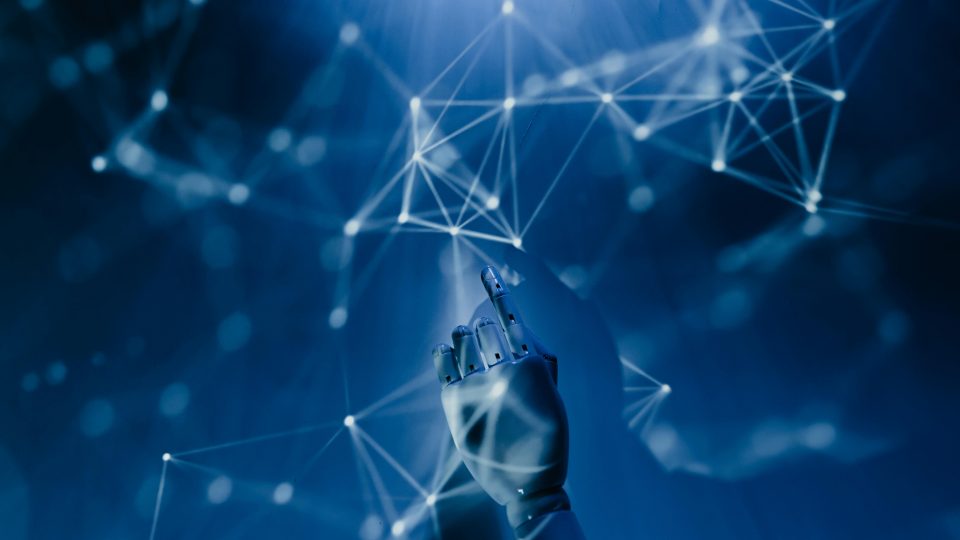The 5 Best AI Music Generators
The hot topic of the music industry right now is AI music generators and the best way to incorporate them into the modern music landscape. It’s a collision of technology, human expression and intellectual property rights all colliding into a melting pot. But how do we navigate and approach the use of these new technologies in their current state? Hopefully, we’ll give you some more information here that will help you to make up your mind.
What is an AI Music Generator?
An AI music generator in simple terms, is an AI model that’s been trained on a large database of different music so that it can reproduce accurately, a completely new idea/theme as a piece of cohesive music that mimics the original training data from the database. These models rely on the ability to ingest huge swathes of data, so hundreds of thousands of tracks, and then given positive or negative reinforcement based on their output. Very cool!
Why use an AI Music Generator?
- It’s fun! – Who doesn’t want to know what one of these tools will spit out if we give it a specific prompt? It may not give you the long-term satisfaction of having made something yourself from scratch, but it definitely gives you that sweet instant gratification.
- Efficiency & Speed – Could you compose, record & mixdown a whole track in a few seconds… didn’t think so!
- Cost-effectiveness – How much does a DAW, plugins, mics, instruments & mix engineer cost? Way more than an AI tool that does it all for you!
- Versatilty – AI can be trained to make music for a very specific genre, or to fit a certain mood. It can also be trained to make music for various multimedia applications – so diversity and adaptibiliity shouldn’t be an issue.
Cons of using an AI Music Genrator
- Creativity and Originality – It’s hard to argue that the creativity was your own (outside of the prompt or customisable options you selected). We wouldn’t recommend you start calling yourself a musician just yet…
- Ethical and Legal Issues/Constraints – This is the biggest, most important issue to take note of on this list. We don’t know the full implications of this technology just yet, and the legislation in various parts of the world will likely take some time to play catch up – but we feel it’s important to take note of changes where you live, to abide by them and use the tech responsibly.
- Technical Limitations – Does this tech give you the ability to make that song you can hear in your head? We’d argue ‘probably not’… If you want to do that, we recommend learning to make music from scratch so you can develop the necessary skills and understand the tools to help you achieve this. Our blog has loads of posts on these topics.
- Dependency and Skill Degradation – The more you rely on something else to pull the weight and inform your definition of creativity, the chances are the skill you developed before you started to rely on tools will become less sharp over time, even completely lost! Don’t fall prey to that.
Suno
Let’s start at the top, with the one that seems to be getting a lot of press at the moment – Suno is a force to be reckoned with, providing some incredibly lifelike results from some fairly simple text prompts, and giving users’ suggestions to inspire them during the creation process.
Boomy
Boomy made the news when they got in hot water with Spotify for providing swathes of the library that was accused of artificial stream manipulation. Boomy adds the ability to be able to distribute your creation all in the same platform – very neat!
Soundful
Start from scratch, or start from a template – offering a range of starting points across various genres, moods and styles, Soundful allows you to find the right match for your project and then scutomize your inputs such as key & bpm.
AIVA
AIVA is an AI music generation assistant that allows you to generate new songs in more than 250 different styles, in a matter of seconds. Use it standalone – or as a compositional tool – this offers a lot of flexibility!
Udio
Udios beta program, which is currently free to join, has blown many of its competitors out of that water already, based upon the sheer quality of the music being generated, and the ability to have more granular control by ‘inpainting’ and editing parts of a generated track. Super cool stuff going on here.
Overall
It’s still the Wild West out there, and we’re going to see a seismic shift in the way in which human intellectual property rights are managed, especially in this new AI generation landscape. We think the best thing is to be cautiously open-minded, have fun with the tools, and keep up to date with the latest progressions in technology and regulation, so you can make the most of the powerful tools available to you!
Remember – RouteNote Create subscriptions start from as little as $2.99. You also get 10 FREE credits to spend on samples along with access to our FREE sample pack bundle when you sign-up!





